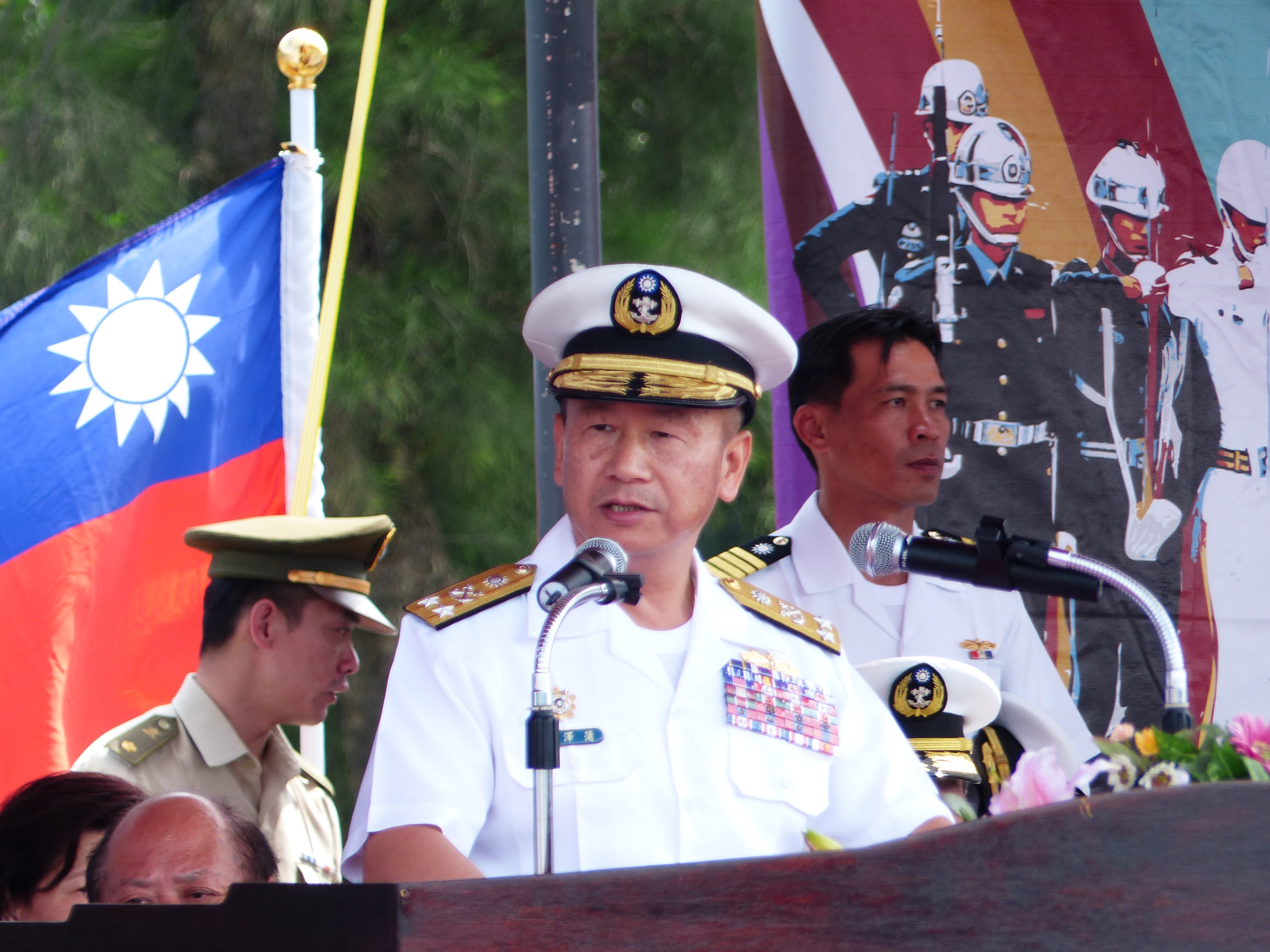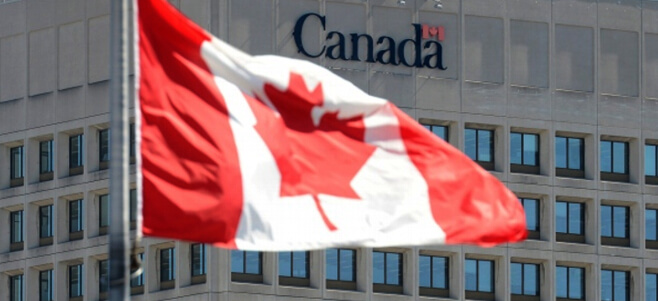Since assuming her role as spouse of the Canadian Prime Minister in 2006, Laureen Harper has rarely engaged in Canadian politics or spoken to Canadian media. Her decision to remain largely absent from Canadian public life has led many Canadians to be completely unaware of who she is, as the spouse of the Prime Minister of Canada, unlike the First Lady of the United States, assumes no official role. Those who grew up with Mrs. Harper in her hometown of Turner Valley, Alberta, describe her as a “good-hearted country girl,” deeply passionate about working with animals. Indeed, Mrs. Harper is a strong supporter of animal welfare, and continues to volunteer extensively with the Ottawa Humane Society and approximately a dozen other animal rights-based charities. Mrs. Harper has even stated that, under her care, over 200 foster kittens have cycled through 24 Sussex Drive, the official residence of the Canadian Prime Minister, since 2006.
On April 17th, 2014, Mrs. Harper was invited to give a speech at the Toronto International Film Festival’s Bell Lightbox Cinema as part of the first-ever Internet Cat Video Festival. During her remarks, activist Hailey King stood up from her seat among the audience and shouted, “[…] raising awareness about cat welfare is a good look for your husband’s upcoming campaign strategy. Don’t you think supporting government action on missing and murdered indigenous women in this country would be a better look?” To this, Mrs. Harper replied, “[…] That’s a great cause, but that’s another night. Tonight we’re here for homeless cats,” and did not engage further.
For years, indigenous peoples, NGOs and Official Opposition members have called on the Conservative government to launch a national inquiry into Canada’s 800 missing and murdered indigenous women. Mrs. Harper’s response at the Cat Video Festival, coupled with Conservative inaction on this file, sparked a flurry of angry blog posts and Tweets online. The authors of these online comments attacked both Harpers for caring about cats more than missing and murdered indigenous women and girls.
While Conservative inaction on missing and murdered indigenous women in Canada is nothing short of deplorable, one can reasonably take issue with the comments shouted at Mrs. Harper during the Cat Video Festival. These comments reduce her to her role as the Prime Minister’s wife and strip her of her agency to pursue issues that are meaningful to her. Indeed, Laureen Harper is not an elected representative, nor is she obligated to act as spokesperson for her husband or the Conservative Party. Furthermore, there is no evidence that suggests that Laureen Harper actually cares more about cat welfare than the hundreds of missing and murdered indigenous women and girls in Canada, though her response could certainly be conceived as insensitive.
The responsibilities – or lack thereof – of the Canadian Prime Minister’s spouse are a far cry from those of the United States’ First Lady. Indeed, in one of the rare interviews that Laureen Harper has granted to the media (entitled “Don’t call her First Lady”), she remarks that there are few parallels between her role and Michelle Obama’s – which likely has to do with the fact that Canadians have long been uncomfortable with scrutinizing the private lives of public officials. As a result, there is a belief among Canadian journalists that reporting on the private lives of politicians is out of bounds (except of course if that politician has engaged in criminal activity).
In contrast, the role of the First Lady is extremely public. While some argue that the role of First Lady presents a valuable opportunity to do great humanitarian work and to bring important, lesser-known issues to the forefront of American politics, others argue that the role is highly problematic. Indeed, the First Lady is expected to end her career upon assuming the role and to dutifully support her husband’s political decisions. The role itself promotes traditional expressions of gender and projects the nuclear family (husband, wife, and their kids) as the default American family. Furthermore, the First Lady’s private life, both past and present, is scrutinized by the public and the media just as much as the President’s (if not more so, considering that things like her clothing choices and hairstyle are duly scrutinized). American voters even consider whether or not a candidate’s spouse would be a suitable public figure before heading to the polls. For example, in the case of the John Kerry presidential campaign, many argue that disapproval among voters of Teresa Heinz-Kerry contributed to her husband’s election loss.
When the public and the media become focused on the words or choices of the spouse of an elected representative, it is important to separate that person’s actions from those of her spouse. Indeed, Laureen Harper is not obligated to live in the shadow of her husband, nor is she accountable for him.





